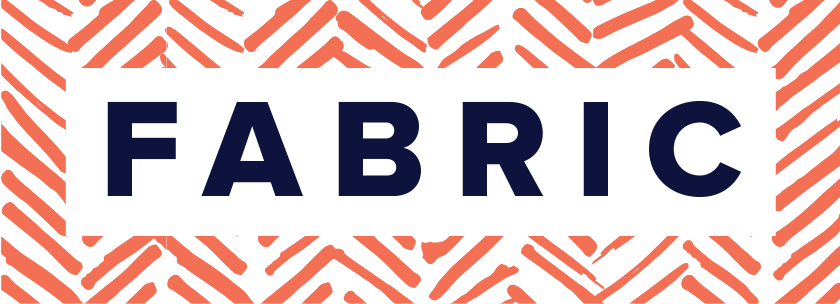The approach organizations take with regard to how employees are hired, assessed, developed, compensated, and recognized ultimately creates an overall employment experience that guides employees throughout the entire employment life cycle. Companies need to be cognizant of what talent tools are being utilized and ensure that such processes are simple, well-understood and transparent. Employers should regularly re-evaluate and determine whether their talent tools are adding value to the organization and to the business. A talent process should be maintained only if it is needed.
In addition, employers should strive for their employees to have a consistent overall experience in the organization regardless of position, manager or location, while taking into account cultural differences, in-country practices and local employment requirements. Development of a company-specific, holistic approach to all aspects of the employee life cycle will better ensure that employees consistently understand what the organization values and how success is defined. This work can include:
- Audit part or all aspects of the employee experience and identify strengths, opportunities and high-priority areas; provide roadmap for implementation of new or modified talent processes.
- Develop and implement core talent tools such as performance management, goals cascade, talent reviews, interviewing protocols, onboarding, new leader assimilation or other key processes.
- Ensure leaders are aligned around the definition of success in terms of both performance and behavior; develop common language and understanding of excellence.
- Ensure evaluation, development and compensation approaches support future state.
- Develop more customized approaches to the employee experience given the needs of the business and preferences of the workforce.

